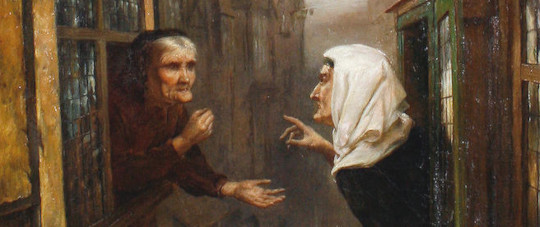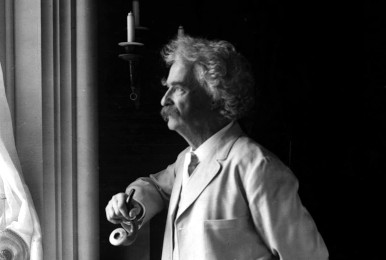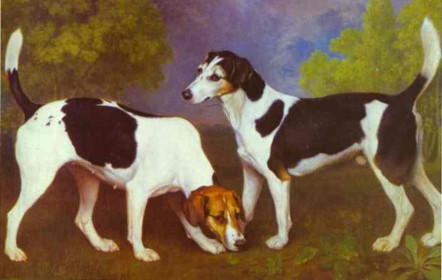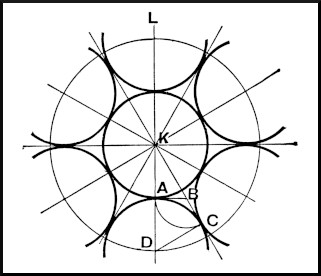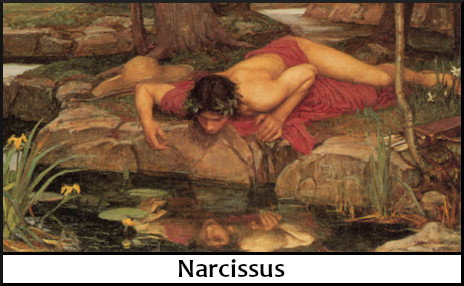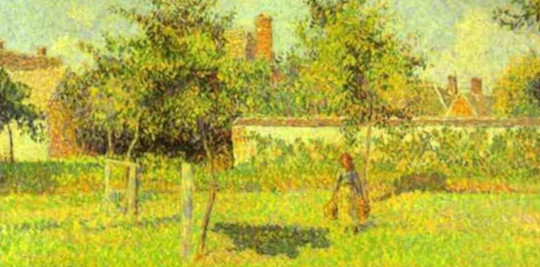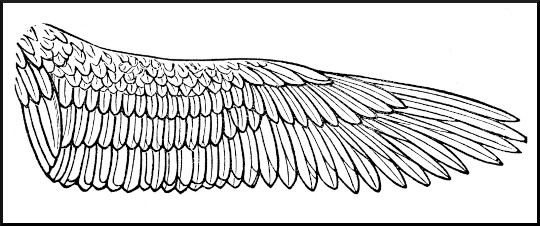Aldous Huxley? George Bernard Shaw? Voltaire? Andy Capp? Reg Smythe? Apocryphal?
Question for Quote Investigator: A dejected literary figure apparently experienced an alarming eschatological revelation:
Maybe this world is another planet’s Hell.
This notion has been credited to English writer Aldous Huxley who penned the classic dystopian novel “Brave New World”. Credit has also been given to playwright George Bernard Shaw. Would you please explore this topic?
Reply from Quote Investigator: In 1928 Aldous Huxley published the novel “Point Counter Point”. Huxley’s disillusioned intellectual character Maurice Spandrell delivered a line about hell while conversing with a barmaid. Boldface added to excerpts by QI:1
‘But why should two people be unhappy?’ persisted the barmaid. ‘When it isn’t necessary?’
‘Why shouldn’t they be unhappy?’ Spandrell enquired. ‘Perhaps it’s what they’re here for. How do you know that the earth isn’t some other planet’s hell?’
A positivist, the barmaid laughed. ‘What rot!’
The phrasing above differed from the most common modern version of the quotation, but QI believes that this 1928 citation is the origin of the Huxley attribution.
Below are additional selected citations in chronological order.
Continue reading “Quote Origin: How Do You Know That the Earth Isn’t Some Other Planet’s Hell?”